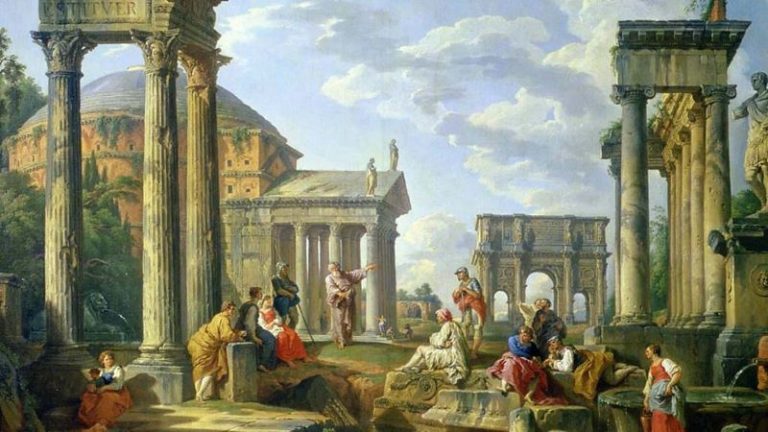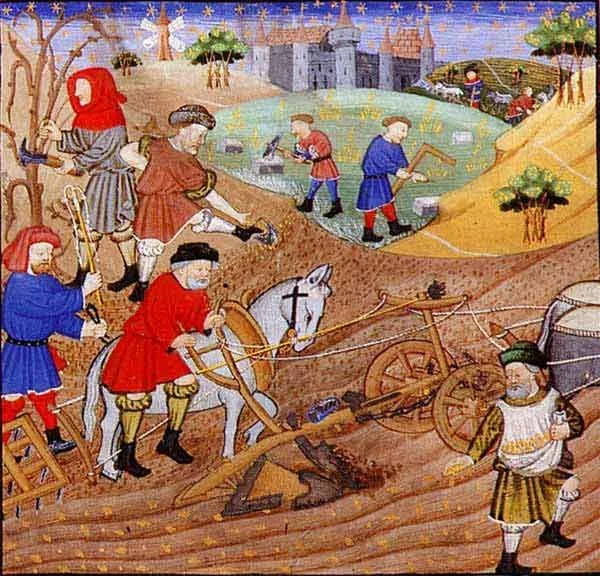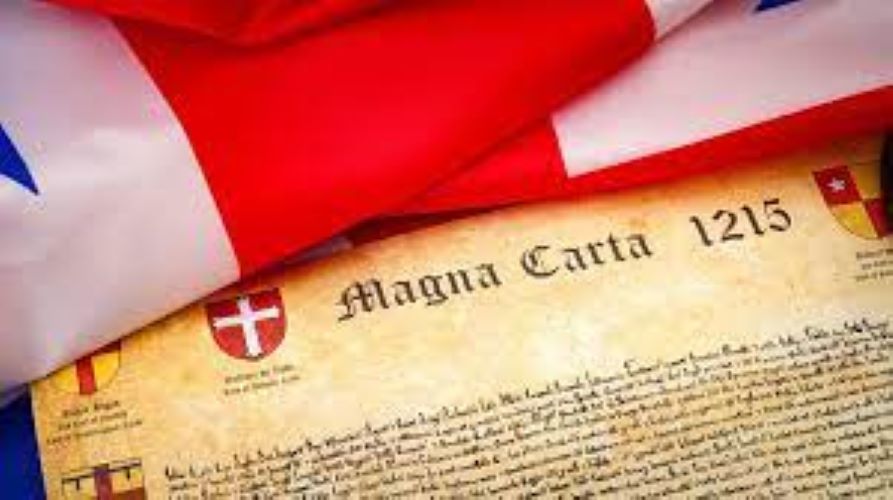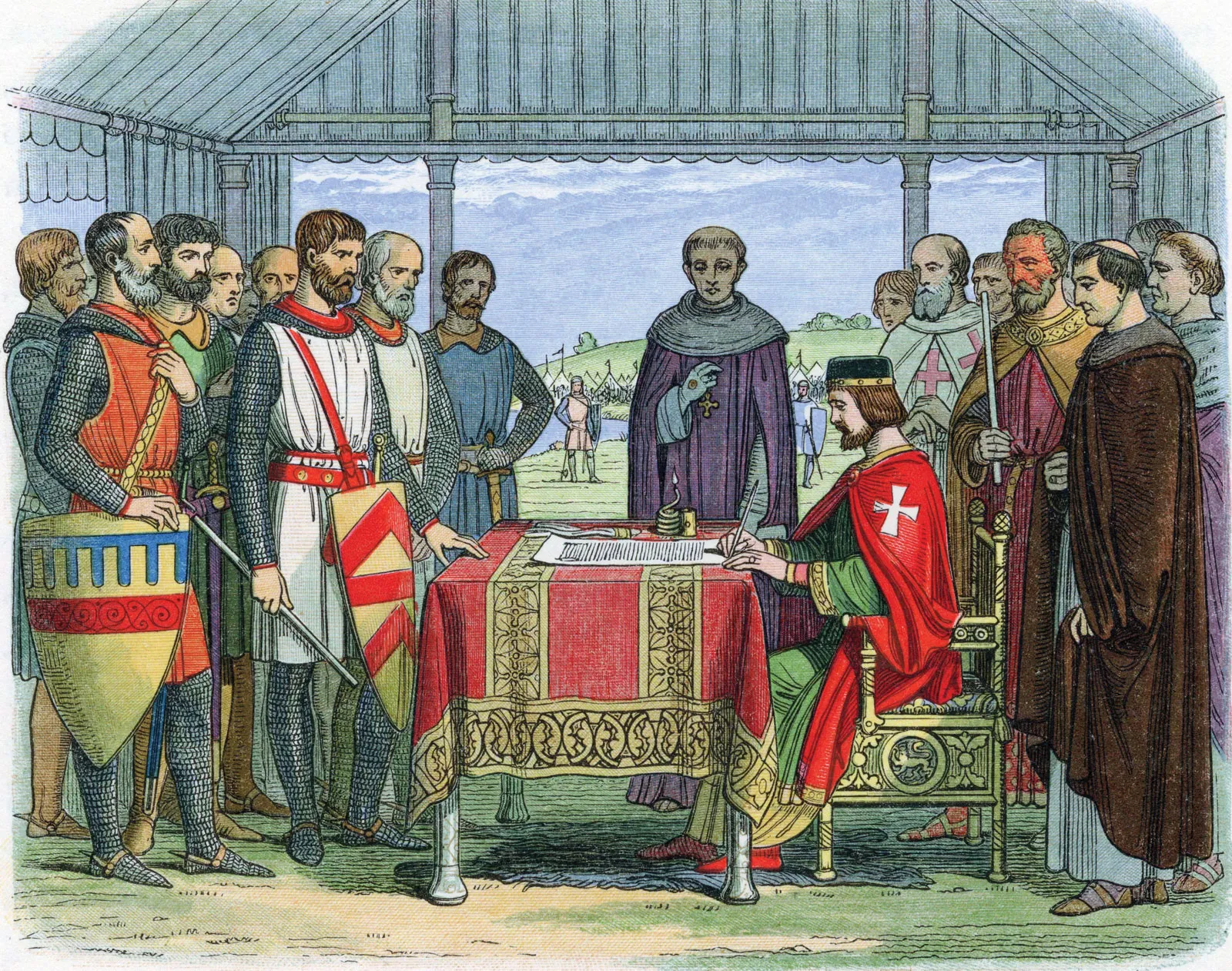
From its ancient roots to the modern era of integration, Europe has undergone significant transformations in various fields
SHOUKAT LOHAR
Europe, a continent steeped in history and cultural diversity, has witnessed a remarkable journey of development that has shaped its present-day landscape. From its ancient roots to the modern era of integration, Europe has undergone significant transformations in various fields, including politics, economy, culture, and social structures. This article delves into the key milestones and driving forces that have shaped the European development journey.
Ancient Europe: The Cradle of Civilization
Europe’s journey began thousands of years ago when ancient civilizations emerged on its soil. The Greeks, Romans, and other early civilizations laid the foundations for art, philosophy, governance, and engineering. These societies introduced concepts such as democracy, urban planning, and the rule of law, which still influence European societies today.
 Medieval Europe: Feudalism and the Rise of Nation-States
Medieval Europe: Feudalism and the Rise of Nation-States
The medieval period witnessed the decline of the Roman Empire and the emergence of feudalism. Europe was characterized by fragmented political entities ruled by lords and kings. Over time, the power of the church and monarchs grew, leading to the rise of nation-states. Key events such as the Magna Carta and the Hundred Years’ War shaped the development of constitutionalism and nationalism.
 Renaissance and Enlightenment: Intellectual and Cultural Revolutions
Renaissance and Enlightenment: Intellectual and Cultural Revolutions
The Renaissance period marked a significant shift in European development. It was characterized by a renewed interest in the arts, sciences, and humanism. The works of Leonardo da Vinci, Michelangelo, and other visionaries revolutionized art and architecture. The Enlightenment further fueled intellectual advancements, promoting reason, individualism, and the pursuit of knowledge. Thinkers like Voltaire, Rousseau, and Montesquieu laid the groundwork for modern political and social theories.
Industrial Revolution: Europe’s Path to Modernity
The Industrial Revolution, which originated in Britain in the late 18th century, brought about profound changes in Europe. The development of new technologies, such as steam power and mechanization, transformed agriculture, manufacturing, and transportation. This period witnessed urbanization, the growth of the middle class, and the rise of capitalism, laying the foundation for modern European economies.
 World Wars and European Integration
World Wars and European Integration
The 20th century was marked by two devastating world wars that profoundly impacted Europe. The aftermath of World War II led to a new vision for the continent, driven by the desire for peace, stability, and economic cooperation. The European integration process began with the establishment of the European Coal and Steel Community in 1951, evolving into the European Union (EU) as we know it today. The EU aimed to foster economic integration, promote democratic values, and prevent future conflicts among member nations.
The Fall of the Iron Curtain and Expansion of the EU
The late 20th century witnessed the collapse of communism and the fall of the Berlin Wall, symbolizing the end of the Cold War division. Central and Eastern European countries, liberated from Soviet influence, sought closer ties with Western Europe. The EU expanded its membership, welcoming new states and promoting democracy, stability, and economic development across the continent.
Modern Europe: Challenges and Opportunities
In the 21st century, Europe faces a new set of challenges and opportunities. Economic fluctuations, demographic changes, migration, and globalization have posed tests to European unity. The EU has aimed to address these challenges through policies on trade, security, climate change, and social cohesion. Certainly it will overcome to these issues.
_______________
 Shoukat Lohar is Assistant professor in English at Mehran University of Engineering and Technology Jamshoro. He can be reached at
Shoukat Lohar is Assistant professor in English at Mehran University of Engineering and Technology Jamshoro. He can be reached at